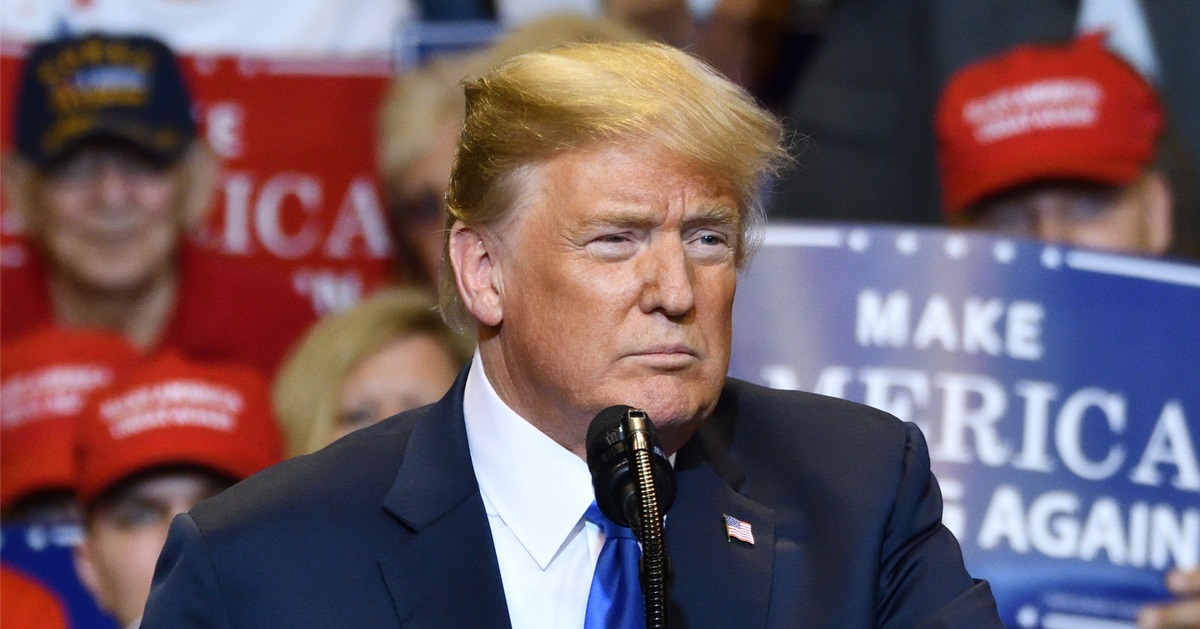Justice Alito issues scathing dissent from Supreme Court's recent deportation decision
Justice Samuel Alito has just released a scathing dissent, criticizing his fellow Supreme Court colleagues for their recent decision to stop President Donald Trump from deporting certain illegal immigrants.
The dissent was released over the weekend, according to the Washington Examiner.
Alito was joined by Justice Clarence Thomas, while the court's other seven members - including several conservative justices - ruled against Trump.
First, we'll take a look at the background of the situation, and then we will look at Alito's dissent.
Background
The Trump administration is attempting to remove some illegal immigrants from the United States using the ALien Enemies Act. The effort, however, is being opposed, legally, by the American Civil Liberties Union (ACLU), among others.
The Examiner reports:
The Alien Enemies Act of 1798 authorizes the rapid deportation of migrants from countries the U.S. is at declared war with or who are attempting an invasion. President Donald Trump invoked the Alien Enemies Act on the Venezuelan gang Tren de Aragua, declaring an invasion by them, and deported a group of Venezuelan nationals to a prison in El Salvador last month.
Buses of illegal immigrants were transporting illegal immigrants for deportation when the Supreme Court forced them to turn around.
The Daily Mail reports:
Extraordinary footage has emerged showing busloads of Venezuelan detainees in the process of being deported before a stunning Supreme Court intervention. The buses, loaded with at least 28 migrants, were heading from ICE's Bluebonnet Detention Center to Abilene Airport on Friday...
It ought to be noted that this was just a temporary ruling from the Supreme Court. It is still possible that the Trump administration will prevail in the matter, and Trump's legal team believes that they will.
Alito's dissent
In his 5-page dissent, Alito wrote that he "refused to join the Court's order" because the court "had no good reason to think that, under the circumstances, issuing an order at midnight was necessary or appropriate."
He accused his fellow justices of acting "hastily and prematurely granted unprecedented emergency relief."
He wrote:
Shortly after midnight yesterday, the Court hastily and prematurely granted unprecedented emergency relief. Proceeding under the All Writs Act, 28 U.S.C. § 1651, the Court ordered ‘[t]he Government’ not to remove a ‘putative class of detainees’ until this Court issues a superseding order. The All Writs Act does not provide an independent grant of jurisdiction.
Alito went on to raise a number of other issues.
He concluded:
In sum, literally in the middle of the night, the Court issued unprecedented and legally questionable relief without giving the lower courts a chance to rule, without hearing from the opposing party, within eight hours of receiving the application, with dubious factual support for its order.



